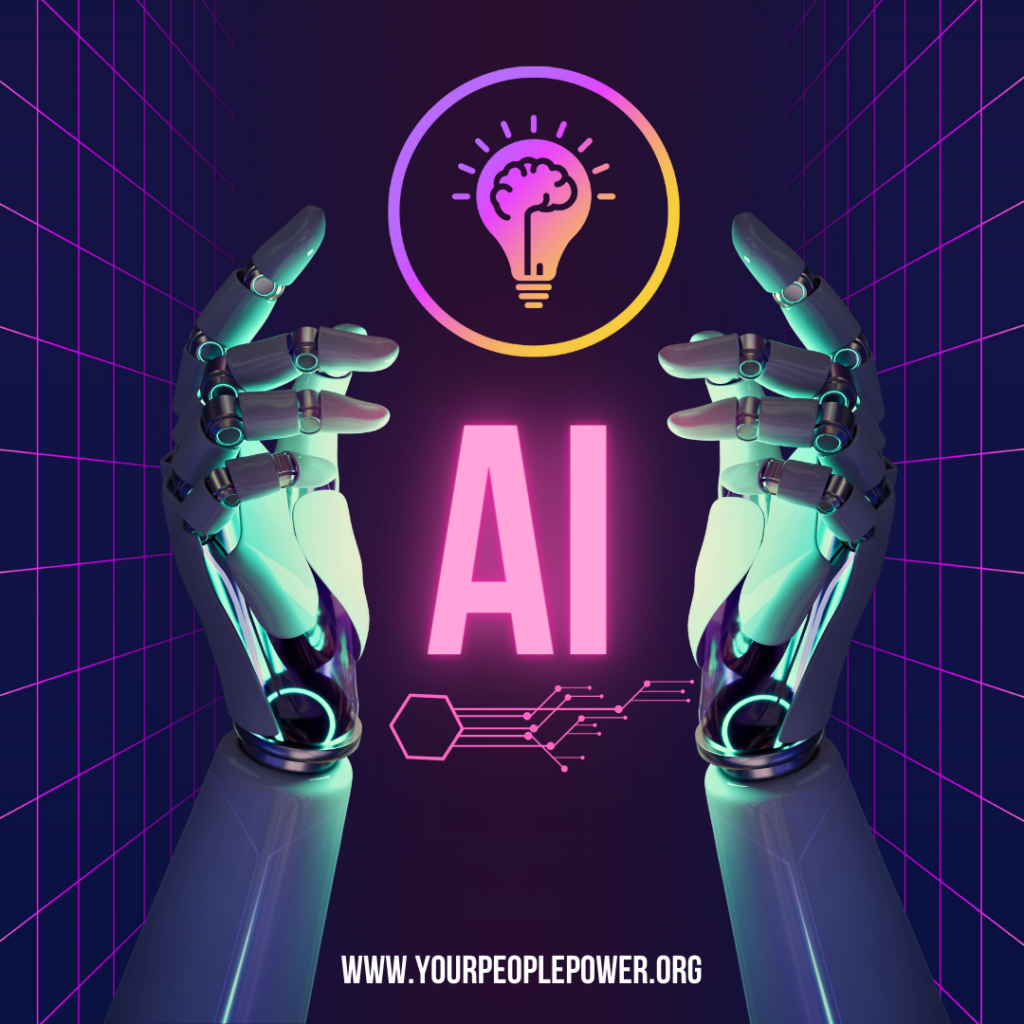The AI Impact On Job Displacement: Should You Worry?

The AI Impact on Job Displacement:
Artificial intelligence (AI) is undeniably at the forefront, reshaping industries and challenging traditional employment paradigms. The AI impact on job displacement has become a significant concern as automation and machine learning continue to advance.
Should you be worried for job? Maybe you’ve had AI introduced at work to replace your colleagues Mick and Jerry and you noticed that is it scarily good, even much better than they were? Now you wonder, “how long will it take until I am replaced”. Well, in this article we explore the multifaceted dimensions of this phenomenon, examining both the challenges and opportunities that arise as AI integrates into various sectors of the global workforce.
Understanding the AI Impact on Job Displacement:
AI impact on job displacement is a phrase that resonates across industries and economies. As intelligent systems and algorithms become increasingly sophisticated, tasks once performed by humans are now being automated, leading to shifts in employment dynamics. A comprehensive understanding of this impact requires a nuanced examination of sectors affected and the resultant implications for the workforce.
The Manufacturing Sector:
One of the earliest and most palpable examples of AI impact on job displacement can be observed in the manufacturing sector. Automation of routine tasks, such as assembly line operations, has led to increased efficiency but has simultaneously reduced the demand for manual labour. According to a study by the International Labour Organisation (ILO), the integration of AI in manufacturing processes has resulted in a notable decline in jobs traditionally associated with this sector.
Customer Service and Support:
Advancements in natural language processing have empowered AI to handle customer service inquiries and support functions. Virtual assistants and chatbots are becoming commonplace, providing instant responses to queries and issues. While this improves efficiency, it also raises concerns about the future of jobs in customer service. A report by McKinsey suggests that up to 29% of customer service jobs could be automated by AI, signalling a potential shift in employment patterns.
The Retail Landscape:
Retail is another sector witnessing the AI impact on job displacement. Automated checkout systems and inventory management powered by AI have streamlined operations but have also reduced the need for human cashiers and stock clerks. A report from the World Economic Forum indicates that by 2025, the adoption of AI in the retail sector could result in the displacement of over 30% of the current workforce.
Opportunities Amidst Challenges:
While concerns about job displacement are valid, it is essential to recognise that the integration of AI also creates new opportunities and demands for a different set of skills. The same McKinsey report mentioned earlier highlights that the AI impact on job displacement could be mitigated through upskilling and reskilling programs. This implies a need for a workforce that is adaptable and possesses the skills required to collaborate with AI systems.
Innovation and New Job Roles:
The AI revolution has given rise to entirely new job roles that were non-existent a decade ago. Roles such as AI trainers, ethicists, and data scientists are in high demand as organisations grapple with the ethical and technical challenges posed by AI. This transformative phase underscores the potential for the job market to evolve in tandem with technological advancements. A study published in the Harvard Business Review emphasises the importance of fostering an education system that prepares individuals for these emerging roles.
Government Initiatives and Policies:
Addressing the AI impact on job displacement requires a collaborative effort between governments, industries, and educational institutions. Governments around the world are recognising the need for proactive policies that facilitate a smooth transition in the labour market. Initiatives such as funding for education and training programs focused on digital skills are crucial in preparing the workforce for the AI-dominated future. The Organisation for Economic Co-operation and Development (OECD) emphasises the importance of policy frameworks that balance innovation with social inclusivity.
AI Impact on Job Displacement – Final Thoughts:
In conclusion, the AI impact on job displacement is a reality that cannot be ignored. As industries continue to embrace automation and AI technologies, the nature of work is undergoing a profound transformation. While challenges exist, there are also opportunities for innovation, new job creation, and the development of a more skilled and adaptable workforce. Governments, businesses, and educational institutions must collaborate to navigate this evolving landscape, ensuring that the benefits of AI are harnessed responsibly and inclusively. The key lies in striking a balance that fosters technological progress while safeguarding the well-being and employability of the global workforce.
Now you may wonder, what is the impact of AI on employee wellbeing? Well luckily for you, we have an article which talks about just that! Check it out here for more info on how AI affects the workforce.
Get in touch now to find out how we can help improve the wellbeing of your employees:
Our tailored events and professional talks are designed to equip your employees with effective skills and strategies to manage stress & wellbeing. Visit our website to explore our offerings and get in touch with us today!
Invest in your team’s well-being. Contact us at support@yourpeoplepower.org or call us @ 0333 090 6680
Recent Posts
- Breaking the Glass Ceiling: Empowering Your People for Success 28 June 2024
- Celebrating International Men’s Health Week: A Call to Action for Better Health 13 June 2024
- The Power of Storytelling in Public Speaking: 5 Big Benefits 6 June 2024
- The Impact of Social Media on Students’ Mental Health: 30 May 2024
- Public Speaking for Introverts: 10 Tips on how to Thrive on Stage 22 May 2024
